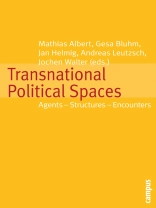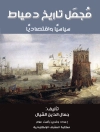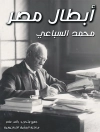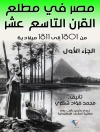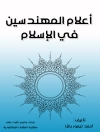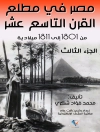From a decidedly multidisciplinary perspective, the articles in Transnational Political Spaces address the notion that political space is no longer fully congruent with national borders. Instead there are areas called transnational political spaces—caused by factors such as migration and social transformation—where policy occurs oblivious to national pressure. Organized into three sections—transnational actors, transnational spaces, and critical encounters—this volume explains how these spaces are formed and defined and how they can be traced and conceptualized.
Aus interdisziplinärer Perspektive gehen die Beiträge der Frage nach, wie transnationale politische Räume hervorgebracht und gestaltet werden. Dabei sind diese nicht rein territorial definiert: Einbezogen werden Identitäten und Interaktionen, die nationale Grenzen überschreiten – wie sie etwa durch Migration entstehen.
Daftar Isi
Contents
Introduction: The Communicative Construction of Transnational Political Spaces
Mathias Albert, Gesa Bluhm, Jan Helmig, Andreas Leutzsch, Jochen Walter
Part I: Agents
The World Revolution of 20xx
Christopher Chase-Dunn and Richard Niemeyer
Intellectual Cooperation in Transnational Networks: The League of Nations and the Globalization of Intellectual Property Rights
Isabella Löhr
The Internationalization of Community Conflicts and the Construction of Transnational Solidarities
The Northern Irish Case in a Comparative Perspective
Elise Féron and Brigitte Beauzamy
‘Living the Brand’
Nationality, Globality and the Identity Strategies of Nation Branding Consultants
Melissa Aronczyk
Part II: Structures
National Communications for a Transnational Community
Italy’s Promotion of italianità among Emigrants, 1870-1920
Mark I. Choate145
Political Communication at the World Exhibitions
Transnational Negotiation of Social and Education Policy, 1889-1904
Wolfram Kaiser and Klaus Dittrich162
Finance as Transnational Space and the Memory of the Gold Standard
Oliver Kessler185
The Imagination of Europe in Twin Town Activities: Rethinking Political Culture in the European Union
Andreas Langenohl212
Part III: Encounters
Undermining Methodological Nationalism
Histoire croisée of Concepts as Transnational History
Jani Marjanen
Conceptual Adaptation: Bridging Spatial and Temporal Relations through Cognitive Wormholes
Hayo Siemsen
Nations as Times
The national construction of political space in the planetary history of Eugen Rosenstock-Huessy
Knut Martin Stünkel
Notes on Contributors
Acknowledgements
Tentang Penulis
Mathias Albert ist Professor für Politikwissenschaft an der Universität Bielefeld. Gesa Bluhm, Andreas Leutzsch, Dr. phil., Jan Helmig, Dr. phil., und Jochen Walter, Dr. phil., promovieren bzw. promovierten dort in Politik- bzw. Geschichtswissenschaft.
